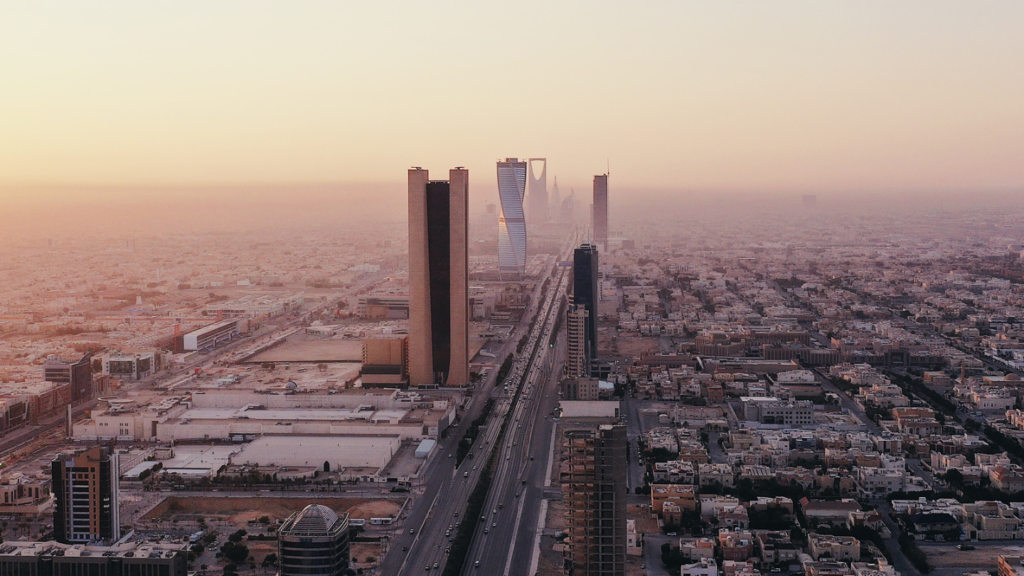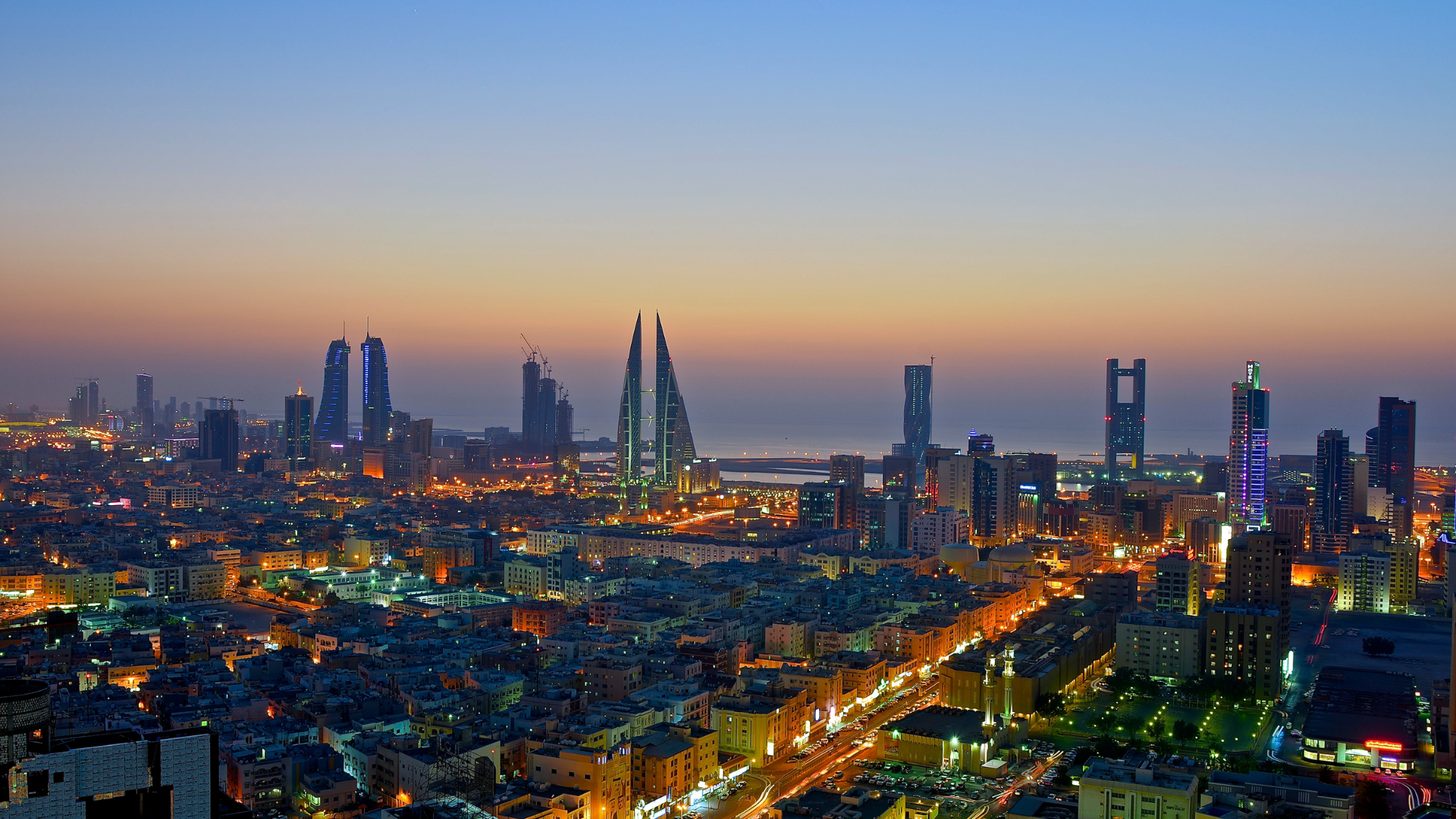
Saudi Arabia has established several Special Economic Zones (SEZs) across the country to attract foreign investment and promote economic growth. Four SEZs in Saudi Arabia will be examined in-depth in this article:Ras Al Khair SEZ, Cloud Computing SEZ, King Abdullah Economic City SEZ, and Jazan SEZ.
Ras Al Khair SEZ
Ras Al Khair SEZ is located in the eastern province of Saudi Arabia, near the city of Jubail. The zone is focused on the mining and mineral industry, with a particular emphasis on aluminium production It has a power plant, a harbour, a rolling mill, and a smelter. The SEZ aims to increase regional economic diversity and draw in foreign investment.
Located in the heart of the Arabian Gulf, this region offers an abundance of industrial talent as well as a swift and effective multimodal transportation network to connect your business to markets across the world. Here, you can benefit from the Kingdom’s ambitions to localize end-to-end supply chains and create a docking point for regional ship repairs and maintenance. Ras Al-Khair Special Economic Zone is building on established maritime industries in the area to grow this cluster and become a key regional player, driving towards Saudi Arabia’s target of developing a US$ 14B maritime industry. Conveniently located near Ras Al-Khair Port, the Kingdom’s newest industrial port, with the capacity to handle bulk cargo and serving more than 100 manufacturing projects. The port can accommodate any size of ship due to its depth.
Focus Sectors:
- Shipbuilding and MRO
- Rig platforms and MRO
Key Features
- Access state-of-the-art technologies including AI, Biometrics and IOT
- Enjoy green products and materials, as well as renewable energy sources
- Benefit from green products, materials, and renewable energy sources
- Access internationally competitive prices
- Take advantage of innovative lifecycle management offerings
Cloud Computing SEZ
The Cloud Computing SEZ is located in Riyadh, the capital city of Saudi Arabia. The technology sector is the area’s primary focus, with cloud computing taking front stage. It consists of data centres, labs for research and development, and offices for tech firms. The SEZ aims to draw in foreign investment and foster technological innovation.
You may establish yourself in a hub for developing and disruptive digital innovations by joining Saudi Arabia’s very own “Silicon Valley.” Driven by the National Strategy for Digital Transformation and the ICT Sector Strategy, companies can benefit from government commitment to encouraging and supporting the growth of digital technologies in the Kingdom. This growth includes a target for $13bn investments (FDI & Domestic Direct Investment) by 2030 across Data and AI sectors with support from Cloud Computing SEZ. A highly qualified workforce, significant end users from throughout the public sector, and an eager public that has a track record of being an early adopter of new technology are all advantages that digital enterprises investing in the Kingdom can take advantage of. In contrast to the other zones, this one doesn’t have a physical centre. It has, however, attracted a lot of interest from important international firms and is just as competitive and impactful.
Focus Sectors:
- Cloud Computing
Key Features
- Special tax treatment in line with the OECD principle that avoids double taxation and accommodates the CSPS operating model
- Expat levy ensuring fees exemption for employees and their families in the zone
- Affordable network connectivity and electricity prices. Electricity is available at a competitive rate of 0.05 USD/kWh for businesses
- Flexibility to provide cloud computing services from the zone, with the ability to build and operate data centres from all over the kingdom.
King Abdullah Economic City SEZ
The King Abdullah Economic City SEZ is located on the Red Sea coast, near Jeddah. The zone is focused on a variety of industries, including manufacturing, logistics, and tourism. It includes a port, an industrial park, and residential and commercial areas. The SEZ is intended to attract foreign investment and promote economic growth in the region.
A zone with a unique geostrategic location on the Red Sea, 13% of global trade passes through the Red Sea, which means your company can easily connect with global supply chains here, utilizing existing, world-class infrastructure and the world’s most efficient port (according to the World Bank in 2022). Leverage robust and established utility assets in the wider economic city including gas, power, water and sewage and accelerate your growth with unmatched economic incentives. Connecting with the wider Kingdom is effortless thanks to the high-speed railway. A 450 km electric railway that uses cutting-edge technology offers quick, practical, dependable, and safe transportation. The King Abdulaziz International Airport (Jeddah Airport) and Jeddah, a thriving city of 4 million people, are both less than 90 minutes away from KAEC SEZ, which provides quick access to a highly trained workforce and a wide choice of cultural and recreational activities to maintain a high quality of life.
Focus Sectors:
- Automobile supply chain and assembly
- Consumer goods
- ICT (Electronic light manufacturing)
- Pharmaceuticals
- MedTech
- Logistics
Key Features:
- Abundant electrical supply including over 29gwh of clean power annually
- Potable and process water supply, with distribution at a 1.5 bar minimum
- The gas zone will supply investors with natural gas at a significant cost advantage
- Wide portfolio of telecoms services with a state-of-the-art fiber network
- Reliable sewage networks, including a membrane bio-reactor plant
Jazan SEZ
Jazan SEZ is located in the southwestern part of Saudi Arabia, near the border with Yemen. The zone is focused on the energy industry, with an emphasis on oil and gas production. It includes a refinery, a power plant, and a port. The SEZ is intended to attract foreign investment and promote economic development in the region.
Jazan’s unique position on the crucial Red Sea shipping route, its proximity to growing African markets and its role as a platform for Saudi Arabia-China investment is an added advantage. Saudi Arabia’s robust mining sector will be able to play a bigger part in the worldwide markets for processed metals and minerals as well as construction, thanks to Jazan SEZ. By making an investment here, your business will have access to the largest port in the area for the import and export of commodities, as well as the world-class chemical, metal, and agricultural sectors of the Kingdom. Moreover, Jazan province has a unique mix of natural assets ranging from pristine islands to breathtaking mountains, the region is also increasingly capitalizing on its varied geography to foster the development of its rising tourism industry.
Focus Sectors:
- Food processing
- Metals conversion
- Logistics
Key Features:
- Cost-effective energy, including 2.4gw in output from the Aramco power plant
- A range of cheap and efficient water supply options, across irrigation, potable water and sanitary wastewater
- Highly competitive industrial leases
- A large and highly skilled workforce
The Special Integrated Logistics Zone (SILZ)
By royal decree, the Kingdom of Saudi Arabia (KSA) announced the establishment of new Special Integrated Logistics Zones (SILZ), the first of which will be located at King Khalid International Airport.
This is part of an initiative by Government authorities to attract foreign investment to the KSA, and will have direct and indirect tax consequences as a result.
Once they are approved by the Council of Economic and Development, more such zones that will be formed in KSA airports should do the same.
The Special Integrated Logistics Zone (the Zone) regulation, which was approved by a Royal Order (A/17) and was published in the Official Gazette on Friday, October 19, will be governed by the General Authority of Civil Aviation.
The rules confirm that specific taxation rules will apply to activities carried out within the Zone; and that the General Authority of Zakat and Tax (GAZT) will issue special rules and guidelines relating to income tax applicable to entities established and carrying out permitted activities inside the Zone.
In addition, the regulation confirms that, subject to controls to be determined:
- Non-Residents engaged in operations inside the Zone that are directly relevant to the Goods in question are not regarded as having a Permanent Establishment in the KSA;
- Goods situated inside the Zone will be under customs suspension – therefore customs duties and VAT should not apply whilst goods remain in the zone;
- VAT will not be charged on supplies of goods in the Zone; and
- Temporary transfer of goods between the mainland and the Zone for the purposes of repair and maintenance shall not be subject to VAT.
According to Article 6 of the Royal Order, it is intended that specific functions shall be singled out for priority consideration. These consist of:
- Repair maintenance, processing, etc. of goods
- Sorting, repackaging and similar actions in relation to goods, including simple manufacturing processes;
- Import, export and re-export
- Logistics and after-sales services; and
- Certain recycling activities.
We expect that further detail on the applicable tax treatment will be provided as part of the special rules and guidelines issued in due course.
In addition to the taxation aspects, the zones aim to provide an environment attractive to foreign investment, including:
- The capacity to borrow money from abroad, repatriate cash, or transfer dividends, earnings, commissions, and other similar payments will not be restricted for established firms in the zone;
- The zone’s governing body will be given special permission to grant work and residency permits to its employees;
- A unique Saudization Programme will be created by the Ministry of Labour and Social Development and used throughout the zone;
- Private ownership of assets, including intellectual property rights, shall not be constrained.
Conclusion
These four SEZs in Saudi Arabia are just a few examples of the country’s efforts to promote economic growth and diversification. By offering tax incentives and streamlined regulations, these zones are intended to attract foreign investment and promote innovation in a variety of industries. As the SEZs continue to develop, they are expected to create new jobs and stimulate economic growth in the region.

